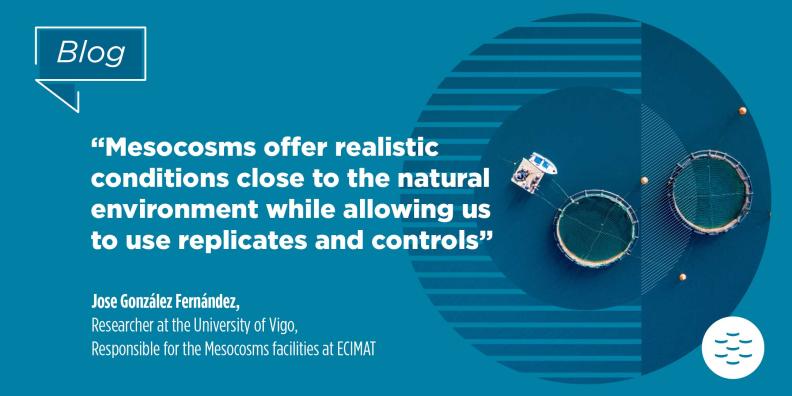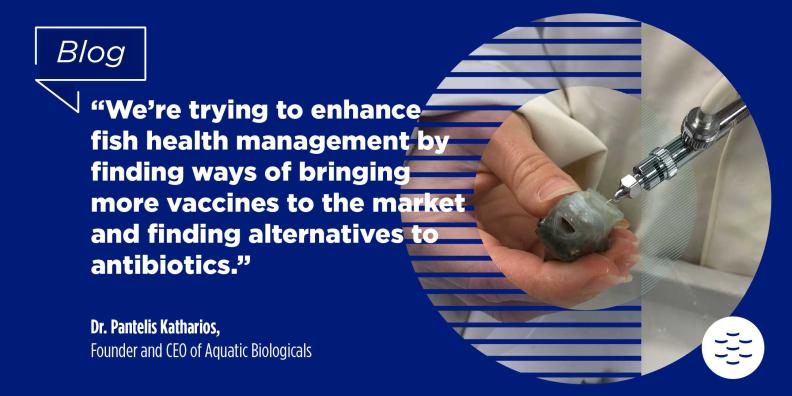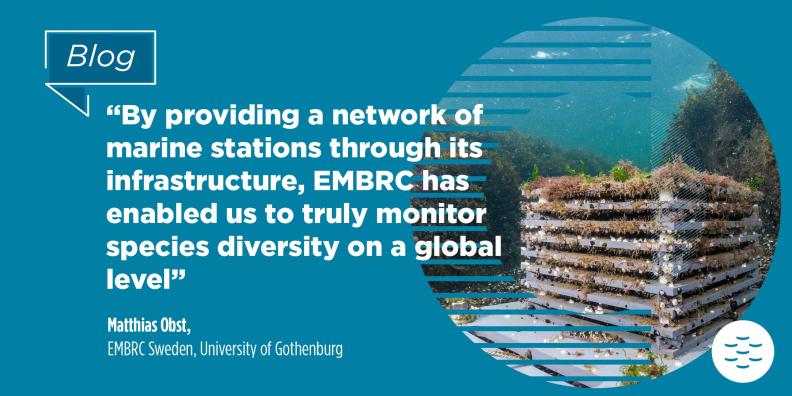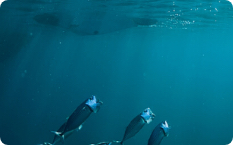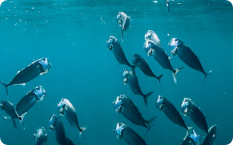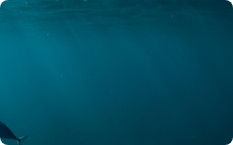EMBRC has partnered with Mercator Ocean International and the EU4OceanObs project on a campaign raising awareness of the importance of ocean observation in global conservation efforts and the positive societal impacts of EMBRC’s mission and activities.
Finding solutions in the face of climate change
Monitoring and understanding marine biodiversity is critical in countering the human activities that are having an increasingly negative impact on ocean ecosystems, the animals that call them home and the resources they provide for communities around the world.
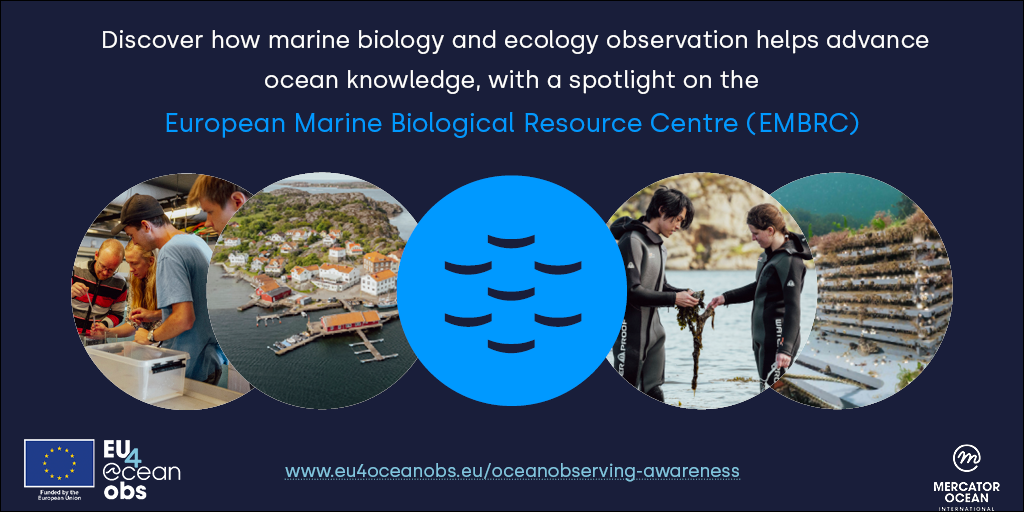 Nicolas Pade, EMBRC’s Executive Director, says: "Ocean observation is crucial for better understanding marine and coastal ecosystems, how to monitor, preserve them and predict changes. Considering the biodiversity crisis we face, Improved data collection, modelling and forecasting enables us to create vital early-warning systems and improve strategies for adapting to and mitigating the threats we're experiencing as a result of worsening climate change.”
Nicolas Pade, EMBRC’s Executive Director, says: "Ocean observation is crucial for better understanding marine and coastal ecosystems, how to monitor, preserve them and predict changes. Considering the biodiversity crisis we face, Improved data collection, modelling and forecasting enables us to create vital early-warning systems and improve strategies for adapting to and mitigating the threats we're experiencing as a result of worsening climate change.”
The campaign outlines how EMBRC’s contribution to marine biological and ecological observation helps scientists understand the ocean, inspire action and mobilise communities towards sustainable economic activities to preserve our blue planet. The content created includes articles, photos and a six-minute video outlining EMBRC with a special spotlight on the Kristineberg Centre (University of Gothenburg), one of EMBRC marine sites in Sweden.
Link to the campaign’s website
Watch the video on our Youtube channel
Exploring the ocean to fill knowledge gaps
Established as a European Research Infrastructure Consortium (ERIC) by the European Commission in 2018, EMBRC is made up of 9 member countries and over 70 marine research sites across Europe. The network accelerates research and innovation through ocean observation and enabling access to marine biodiversity, ecosystems and state-of-the-art facilities.
Recognising the gaps in marine biological observation globally, EMBRC launched the European Marine Omics Biodiversity Observation Network (EMO BON) – Europe’s first centrally coordinated network of independent marine biodiversity observatories – in 2021 to enhance Europe’s contribution to global observation efforts and support the UN’s Sustainable Development Goals.
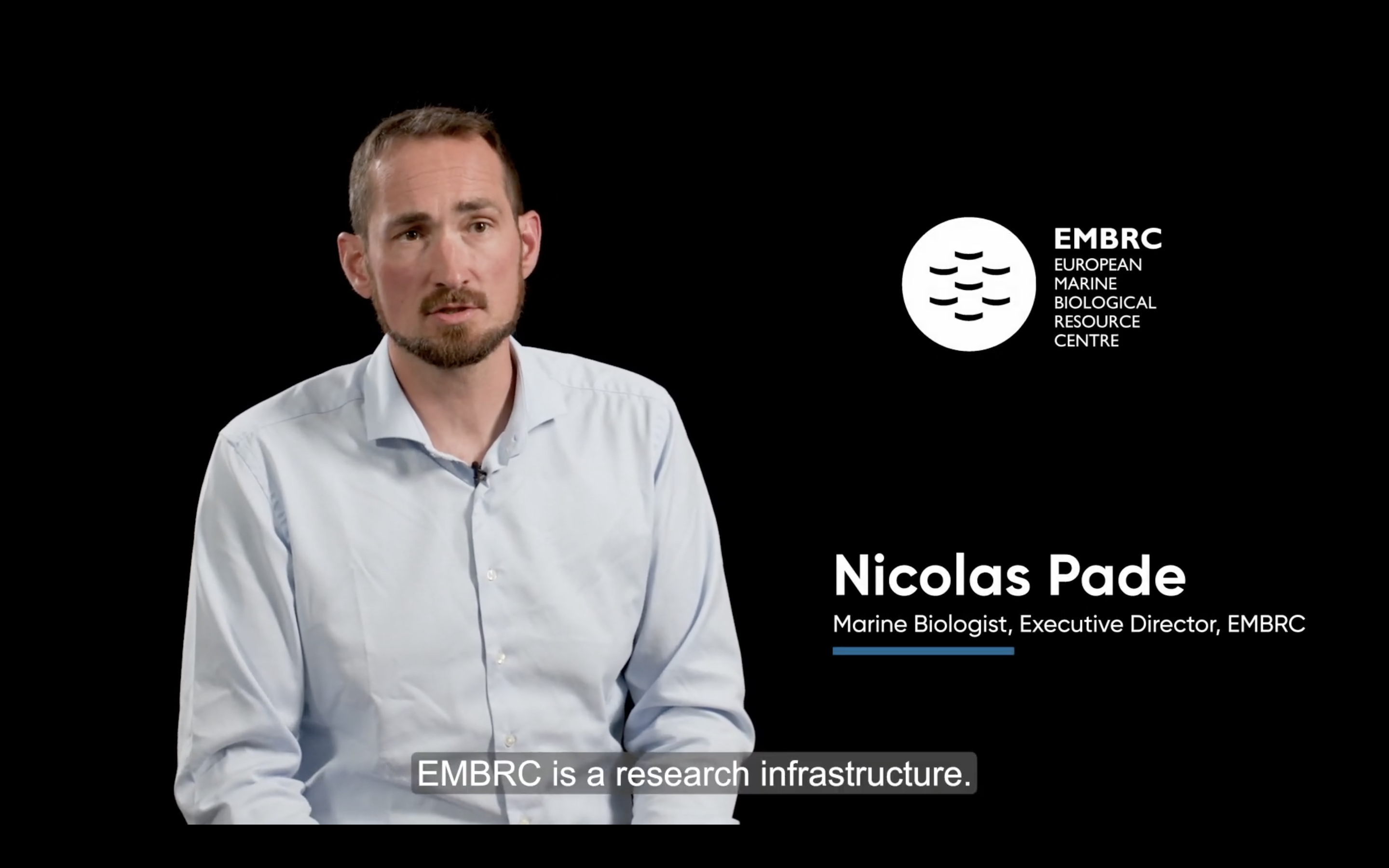 "EMBRC’s network of world-renowned research stations provides scientists – at any stage of their career – with the facilities and expertise to boost their research. By facilitating collaboration and knowledge exchange between regional and international institutions, and providing cutting-edge facilities, we can help scientists effectively gather, analyse and disseminate the research needed to address major societal challenges in a way they couldn’t do alone", Pade continues.
"EMBRC’s network of world-renowned research stations provides scientists – at any stage of their career – with the facilities and expertise to boost their research. By facilitating collaboration and knowledge exchange between regional and international institutions, and providing cutting-edge facilities, we can help scientists effectively gather, analyse and disseminate the research needed to address major societal challenges in a way they couldn’t do alone", Pade continues.
Joining forces globally for ocean observation
Funded through the European Union’s (EU) Partnership Instrument, EU4OceanObs aims to strengthen international strategy for and coordination of a global ocean observing system that will benefit society on a global scale. To achieve this the project facilitates the EU coordination, the G7 Future and Seas Initiative, and the Group on Earth Observations (GEO) Blue Planet Initiative, to catalyse essential partnerships between European and international infrastructures and programmes across the ocean observing value chain to deliver a coordinated fit-for-purpose system. As part of its communication activities, EU4OceanObs launched the ocean observing awareness campaign. The campaign showcases Europe’s leading-edge capacities in and commitment to global ocean observation and seeks to demonstrate the societal value of ocean monitoring, prediction and knowledge. With a focus on in situ observing, the campaign highlights different types of ocean measurements from marine biology and ecology with EMBRC to ocean physics and biogeochemistry via Euro-Argo – Europe’s contribution to the international Argo float programme, among others.
“Knowing what lies beneath the ocean surface is essential for developing effective policies and actions that ensure a healthy ocean future. In the EU4OceanObs project, we work with the G7’s Future of the Seas and Oceans Initiative to strengthen global capacity to monitor, understand, and predict life in the ocean. It is a very complex topic, as we cannot measure all marine life in the same way, in all regions, in all parts of the ocean. Methods applicable in one place are not applicable in another. A big part of our work is to gather the international marine life community to understand method biases, make data more accessible and compatible with the overarching goal to enhance global ocean knowledge for better ocean protection." Dr Maria Grigoratou, Science Officer for the EU coordination action of the G7 FSOI/EU4OceanObs, Mercator Ocean International.












